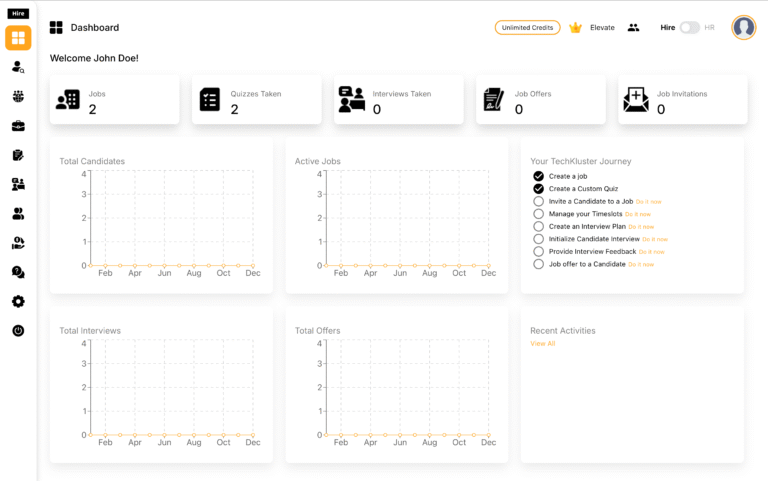In this article, we'll explore different approaches to validate an IPv4 address in Java. We'll cover various techniques, including regular expressions and custom validation logic, to ensure that an IPv4 address is in the correct format. IPv4 addresses are commonly used in networking to identify devices on a network. They consist of four sets of …
In this article, we’ll explore different approaches to validate an IPv4 address in Java. We’ll cover various techniques, including regular expressions and custom validation logic, to ensure that an IPv4 address is in the correct format.
IPv4 addresses are commonly used in networking to identify devices on a network. They consist of four sets of numbers, separated by periods, ranging from 0 to 255. Validating the format of an IPv4 address is essential to ensure proper network communication and security.
Approach 1: Regular Expression Validation
One way to validate an IPv4 address is by using regular expressions. Regular expressions provide a powerful and flexible pattern matching mechanism. We can define a regular expression pattern to match the desired format of an IPv4 address.
Here’s an example of a regular expression pattern for validating an IPv4 address:
public static boolean isValidIPv4Regex(String ipAddress) {
String pattern = "^([01]?\d\d?|2[0-4]\d|25[0-5])\."
+ "([01]?\d\d?|2[0-4]\d|25[0-5])\."
+ "([01]?\d\d?|2[0-4]\d|25[0-5])\."
+ "([01]?\d\d?|2[0-4]\d|25[0-5])$";
return ipAddress.matches(pattern);
}In this approach, we define a regular expression pattern that matches the four sets of numbers in the range of 0 to 255, separated by periods. We use the matches() method of the String class to check if the given ipAddress matches the pattern.
Approach 2: Custom Validation Logic
Alternatively, we can implement custom validation logic to check the validity of an IPv4 address. This approach allows us to have more control over the validation process and can be useful if we need to perform additional checks or handle specific cases.
Here’s an example of custom validation logic for validating an IPv4 address:
public static boolean isValidIPv4Custom(String ipAddress) {
String[] parts = ipAddress.split("\.");
if (parts.length != 4) {
return false;
}
for (String part : parts) {
try {
int number = Integer.parseInt(part);
if (number < 0 || number > 255) {
return false;
}
} catch (NumberFormatException e) {
return false;
}
}
return true;
}In this approach, we split the given ipAddress into its individual parts using the split() method. We then iterate over each part and check if it is a valid number in the range of 0 to 255. If any part is not a valid number or falls outside the valid range, we return false. Otherwise, if all parts pass the validation, we return true.
Conclusion
Validating an IPv4 address is an important step in ensuring proper network communication and security. In this article, we explored two different approaches to validate an IPv4 address in Java: using regular expressions and implementing custom validation logic.
Both approaches have their advantages and can be used based on specific requirements. Regular expressions provide a concise and powerful way to validate the format of an IPv4 address, while custom validation logic allows for more control and additional checks if needed.
Remember to choose the approach that best suits your needs and consider factors such as performance, flexibility, and readability. With the proper validation in place, you can ensure the integrity and accuracy of IPv4 addresses in your Java applications





